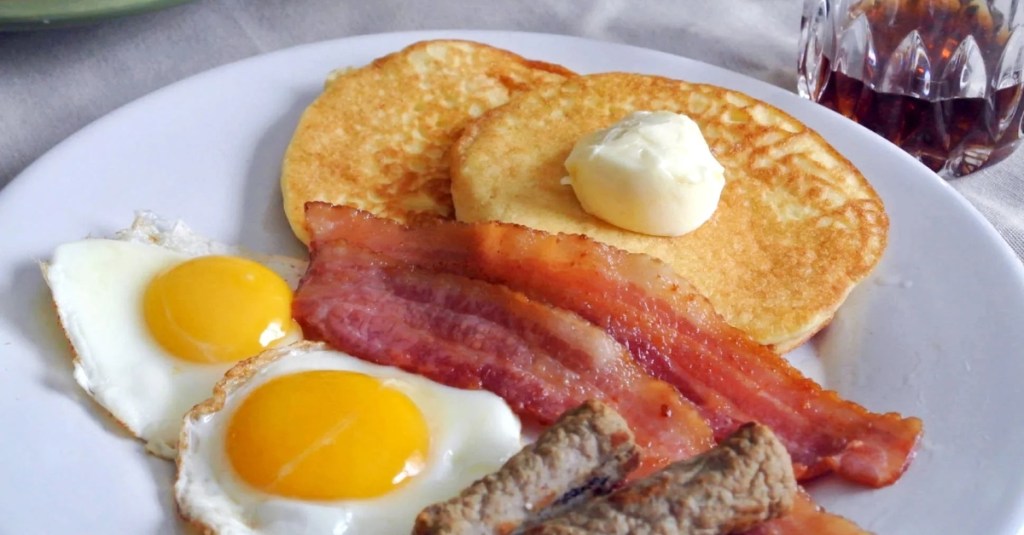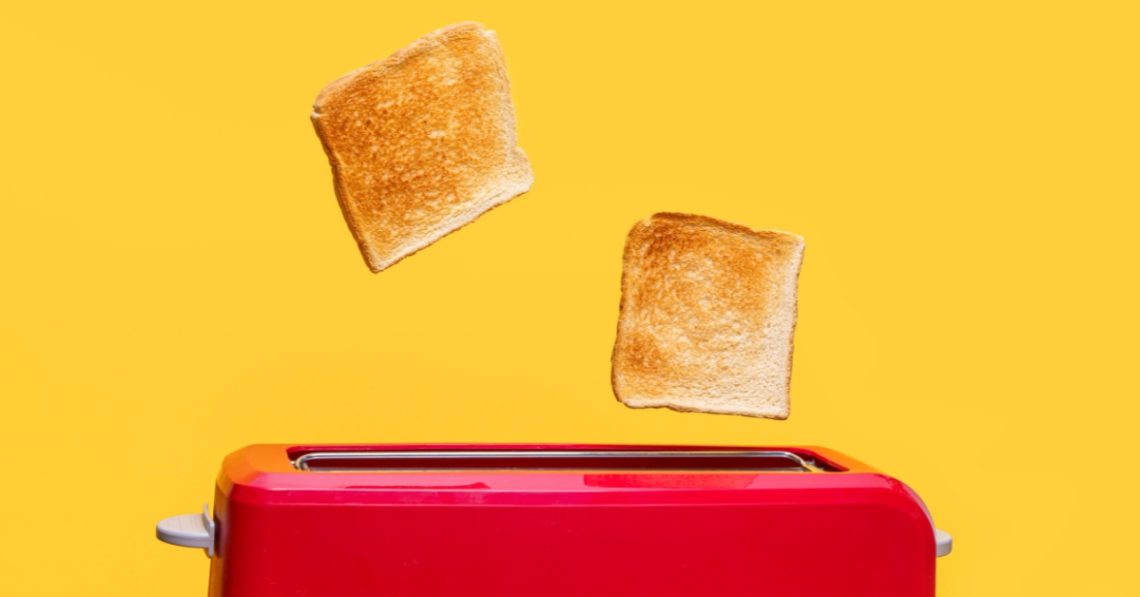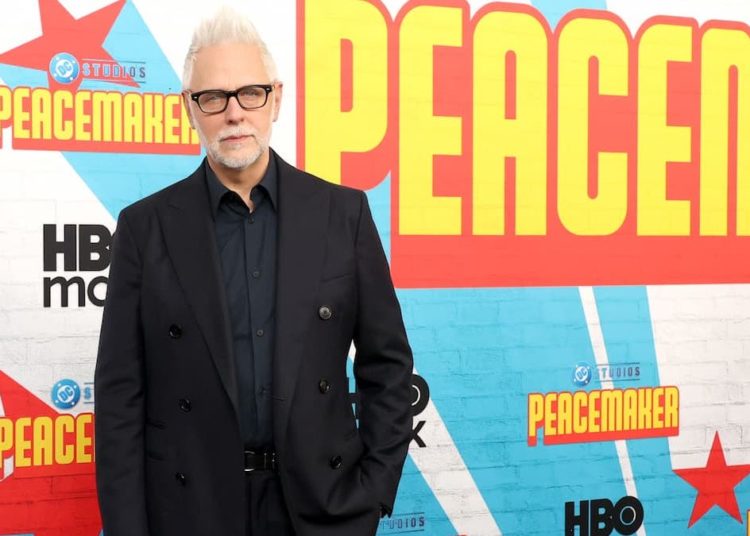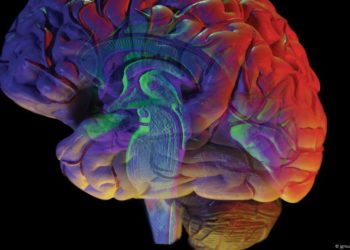“Breakfast is the most important meal of the day!” was a lie. Or, at least, the scientific community is beginning to understand that maybe we don’t need to set ourselves up for success with a meal first thing in the morning.
A new meta-analysis in Psychological Bulletin says that the idea is basically a leftover from 20th-century breakfast cereal marketing campaigns. Researchers Christoph Bamberg and David Moreau pulled together data from more than 3,400 people across 63 studies to see what actually goes on in your brain when you skip a morning meal.
Nothing. They found that nothing happens at all.
Meta-Analysis Finds No Link Between Skipping Breakfast and Brain Fog
The difference in brain performance between fed and fasted adults was about 0.02 standard units, the statistical equivalent of nothing at all. It might as well have been zeros across the board. In about one in four cases, people who skipped breakfast performed slightly better, though that could be random chance.
Turns out, your brain doesn’t panic when you stop eating for a few hours. It just switches fuel sources, from glucose to ketones. Humans evolved to stay sharp while hungry because missing out on a mammoth meant you still had to be smart enough to catch the next mammoth that came along.
The data covered fasts ranging from three hours to two weeks, though most lasted about half a day. Across tests of memory, attention, and problem-solving, short-term fasting didn’t dull performance. You only see a drop after 24 hours or more without food, or, as the researchers cruelly found out, if someone flashes pictures of food at you when you’re on an empty stomach.
People were just fine starting their days without a meal until they were enraptured by the alluring visuals of pizza and burgers, which the mere sight of made them slower and less focused.
Researchers noted differences by age. For instance, kids still need breakfast because their growing brains burn through energy much faster than an adult’s. Adult brains are used to drastic metabolic shifts.
Interestingly, what you believe about fasting might matter more than the food itself. People who thought skipping meals would help them focus actually performed better, while those expecting to feel foggy did worse. The most fascinating outcome of this research might be that nutrition is more psychological than physical.
So go ahead, skip breakfast. You’re not losing out on much other than the delicious taste of a stack of pancakes, some savory sausage links, some crispy, fatty bacon, and some golden yellow scrambled eggs. Mmmmm.

Oh, I’m sorry. Did I ruin your fast? My bad.
The post Skipping Breakfast Doesn’t Actually Make Your Brain Foggy, Study Finds appeared first on VICE.




